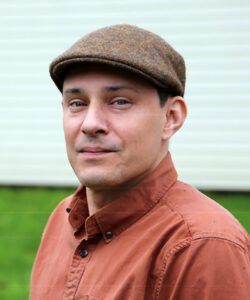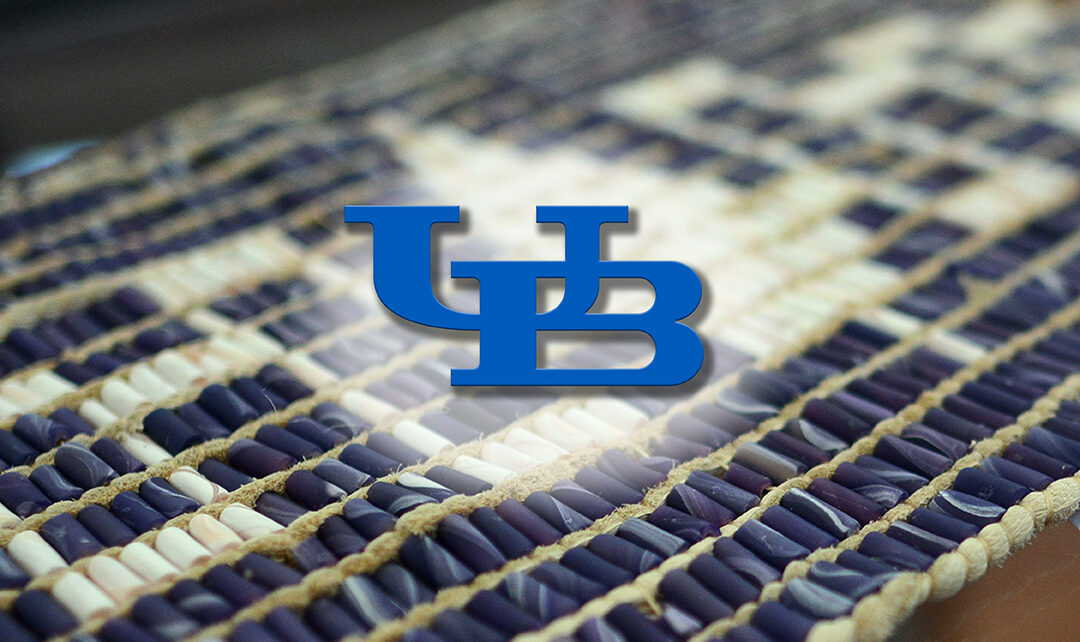Former Media Director joins University At Buffalo as instructor for developing Indigenous Studies Program
By Tami Watt, Editor
The University of Buffalo, College of Arts and Sciences is the recipient $3.174 million from the Andrew W. Mellon Foundation in support of the new Department of Indigenous Studies.
Based on years of workshops, discussions, and meetings with the university’s Indigenous faculty, students, staff, alumni and community, the Department of Indigenous Studies will offer Indigenous languages, education on environmental impacts/issues on Indigenous lands, the health and well-being of Indigenous communities, and relationships between government and policy on Indigenous nation’s laws.
The Department of Indigenous Studies has two Seneca members on staff as instructors.

Dr. Jason Corwin, former Executive Director of the Seneca Media and Communications Center (SMCC), has joined the Department of Indigenous Studies as a Clinical Assistant Professor of Indigenous Studies. Dr. Corwin helped launch the SMCC in 2015 after he received a doctorate in Environmental Studies from Cornell. Dr. Corwin was a key figure in social media expansion, producing videos based on Seneca issues, and served on the Water Task Force that successfully halted a waste water treatment facility that would have had dire effects on the water quality of Ohi:yo’.
Dr. Corwin is excited to embark on his new career path, he is teaching two classes this semester so he can aide in developing the new department and program as it transitions from American Studies to Indigenous Studies. Eventually Dr. Corwin will teach three separate classes within the new major that encompasses many diverse tracks.
This fall, his Environmental Studies class will entail hands on learning including field trips to locate herbal medicines, nature preserves, exploring the waterways of Buffalo, and visits to the Tonawanda reservation and community. Environmental impacts, customs and traditions within Seneca Territories and communities will be a focus for his students as well. Dr. Corwin will lecture on the history of the Kinzua Dam- constructed in the 1960s, it flooded 10,000 acres of prime farm land and forcibly removed hundreds of Seneca families from their ancestral homes, Defending Ohi:yo’- a environmentalist panel of Seneca Nation members and citizens of Coudersport, PA that shut down an impending waste water treatment plant, and the significance and medicinal uses of maple and sweet grass to Hodinöhshöni’ nations.

Dr. Corwin’s other fall session is titled Teaching Indian Image on Film, a class developed by the late Barry White, a former lecturer at UB and inspiration for many former students and staff including Dr. Corwin himself. The class has a reputation for being favored by students and Corwin intends to keep the momentum. Students are thus far very engaged and the classroom discussion often leads to deep topics concerning “white savior narrative” in mainstream films and society. The student base is diverse, young and eager to learn while always pushing for more insight. He intends to engage students into global history with films either produced by an Indigenous creator or portrayed with a strong Indigenous lead or cast. Films concerning Indigenous political movements like the American Indian Movement, Red Power, and Missing and Murdered Indigenous Women will give perspective for all. Dr. Marilyn Schindler, who earned a doctorate in American Studies from UB and lectured the self-titled “Savage Woman” class in the 1970s, will lend her Seneca language knowledge and skill to both students attending UB classes and at home on the Cattaraugus Territory where she intends to continue her passion of lifelong learning and instructing. A self-taught speaker, Dr. Schindler was soon teaching in an effort to save the Seneca language from extinction while balancing her education and work with the Seneca Nation. “I have an obligation to the Newtown Long House on the Seneca Nation to continue my work there- and that’s what I’m going to do,” shares Dr. Schindler.
Dr. Schindler has been an influential instructor, student and colleague at the university for decades.
“UB is taking the lead with the new Department of Indigenous Studies, but there should be similar departments in colleges and universities across the state and across the country,” says Schindler. “The interest was there in the 1970s when our classes were full, and I’m starting to hear some political leaders speak about Indigenous rights and say that no history of North America is complete that focuses only on European influence.”




